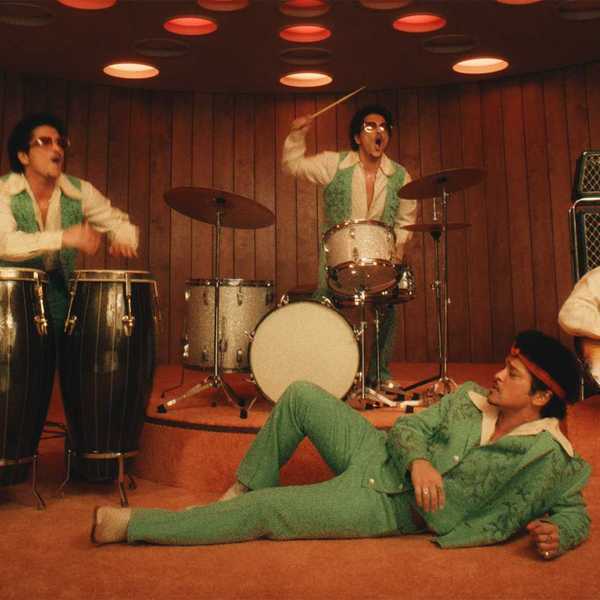Media Beat: The CBC Can’t Win For Losing
In this week's column: Attacked on all fronts, defenders offer the pubcaster a few suggestions to better it in the future.

The CBC is in the hot seat again.
The most recent upset CBC has the Corp’s president and CEO Catherine Tait squirming in her seat earlier in the week in front of a parliamentary committee that, among other things, wanted to know whether the pubcaster plans a repeat of last year’s almost $15M in bonuses paid out to its executive team. For a money-losing operation, the question is pertinent, but doubly so given an earlier announcement that a planned 10% cut in its workforce is imminent, amounting to about 600 positions, plus the elimination of 200 vacant posts.
Vilified by its free market peers, commonly the subject of public slagging for any number of reasons, and constantly having to bow to an ever-changing parade of ministers, committee members, parliamentarians, and sometimes even the PM himself, the CBC in its many guises (radio, TV, websites, and a bundle of streaming services) is spread thin.
Aside from the sometimes-overwrought voice of the well-intentioned Friends of the CBC lobbyists, the pubcaster does have defenders in high places. The most recent to go public is former CBC EVP Richard Stursberg, who has written a lucid opinion piece for The Hub. Here, he argues the CBC is tossed like a bottle in the sea by a contradiction of masters pushing it every which way with no clear direction home.
Nailing down this thought firmly, he writes: “The Broadcasting Act’s policy for the CBC is no help at all. It requires that the CBC ‘inform, enlighten and entertain’ everyone, including “national and regional audiences, while serving the special needs of regions’, French and English audiences, including ‘the special needs of official language communities,’ while reflecting the 'multicultural and multiracial character of the country, indigenous cultures, and disabled people.’ In other words, it requires the corporation to be everything to everyone. It is not guidance but a recipe for failure. No organization on earth could achieve these colossal requirements.”
Stursberg puts the shoe on the other foot and says it’s high time that the government define what it expects the CBC to deliver “in a way that is both clear and doable.” He suggests this can be done as is done in the UK through the Royal Charter, which is, in effect, a contract between the BBC and the government. It specifies what the BBC will do over the next ten years, along with a commitment to the necessary funding. It is a mandate with teeth.”
Emphatically, he says what is not needed is for the government to pass the buck and set up a committee to study the matter, the findings of which can be dismissed or simply left to gather dust without any recommendations being taken heed of.
Another curious supporter is Conrad Black who late last year wrote a lengthy editorial for The National Post, headlined "Canada needs a strong and unbiased public broadcaster." He calls for increased funding, ramping up the NFB and making it a serious content provider to the CBC, and recognizing that the Corp’s successful main pillars – English radio, French radio and French television — all have an increased market share from 10 years ago. The straggler and cost drain is “CBC’s English-language television network, which has only about four percent market share, appreciably less than a decade ago.”
For my own part, I think the news services fill a necessary role and could be expanded by possibly creating affiliations with news magazine services such as TVO’s The Agenda, Knowledge Network in B.C., PBS and NPR – and creating a pool of freelancers nationwide and abroad. Having a continuously updated news network, whether it be on CBC Gem or some other platform doesn’t need to be hugely expensive as would a dedicated TV news channel; and perhaps, in five years time, CBC winds down its English-language television network, or as Black suggests, strikes a low-cost arrangement with outside content providers and not jumping in to the fray in bidding for big ticket shows.
I’m sure many have views of their own. The fact is the groundswell of opinion is that something needs to be done about the CBC –and having the government setting out a clear mandate and stable funding would be as good a place as any to start.
















